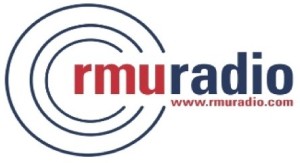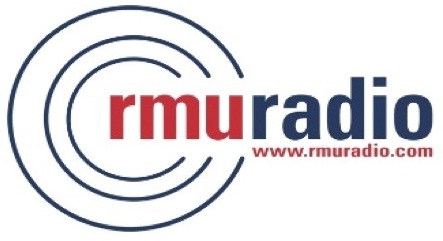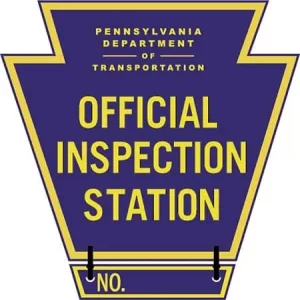Active Minds and The National Society of Collegiate Scholars prove GPA does not influence mental health
October 13, 2019
MOON TOWNSHIP – A survey from Active Minds and the National Society of Collegiate Scholars (NSCS) show their findings on mental health in universities.
The survey includes 9,139 college students who are high-performing in the nation. 91 percent of these students with a GPA of 3.4 or higher felt overwhelmed in school. According to the National Healthy Minds Study and National College Health Assessment (NCHA), this percentage is higher than the national average of 87 percent.
A higher grade point average does not correlate with less need for mental health services. In fact, two out of three respondents needed mental health services in the past year. The report also highlighted the stigma that comes with reaching out.
46 percent of respondents believe that others think less of a person who received professional help. High-performing students are still likely to seek help, since 73 percent of individuals received mental health help.
Students usually rely on the counseling center, close friends, and professors or academic advisors. Active Minds and NSCS recommend college campuses to normalize the act of asking for help.
To make people feel more comfortable, Active Minds has a Validate, Appreciate and Refer method, or V-A-R for short.
“Faculty are not experts and do not need to be,” said Laura Horne, chief program officer of Active Minds.“They can help a struggling student just by being there for them.”
Active Minds is a nonprofit organization for mental health awareness and education. They are present in more than 800 schools for both high school and college. On RMU’s campus, Active Minds has contributed to mental health awareness through various events and fundraisers.
Carlee Karabinos, president of RMU Active Minds, is not surprised by the correlation between feeling overwhelmed and performance. In fact, she understands the pressure college students face.
“As an active member of multiple clubs on campus and maintaining a high GPA, I understand firsthand how overwhelming it can be,” said Karabinos. “Having a mentor or someone to go to when things get tough is a good idea.”
NSCS founder and CEO Stephen Loflin emphasizes the importance of professors who are approachable. Faculty on campus can show that they are available for mental health needs by paying attention to students’ habits and making self care part of their curriculum.
NSCS is an honors organization with more than 320 chapters nationwide, and recognizes high-achieving freshmen and sophomores. They currently have two million lifetime members worldwide. They provide leadership and service opportunities and give out more than $1 million dollars in scholarships.
“Our data validates that high-achieving students struggle, too,” said Stephen Loflin. “It is important for faculty and advisors to keep overachievers on their radar throughout the academic year.”
Laura Horne suggests wellness resources on students’ course syllabus.as
“Assign self care as homework,” said Horne.“ Set deadlines for assignments at a time of day that encourages students to get enough sleep — avoid midnight or late night deadlines.”
Carlee Karabinos discusses the resources that RMU provides for students who feel overwhelmed with their workload.
“The counseling center is a great go to for your mental health needs,” said Karabinos. “As far as clubs go there are multiple clubs that are mental health-based, such as Active Minds, Hope Happens Here, and THRIVE.”
Apart from the Counseling Center and THRIVE leaders who help with the counseling services, emotional support dogs are always available for comfort.
For more information on the V-A-R method, click here.


















